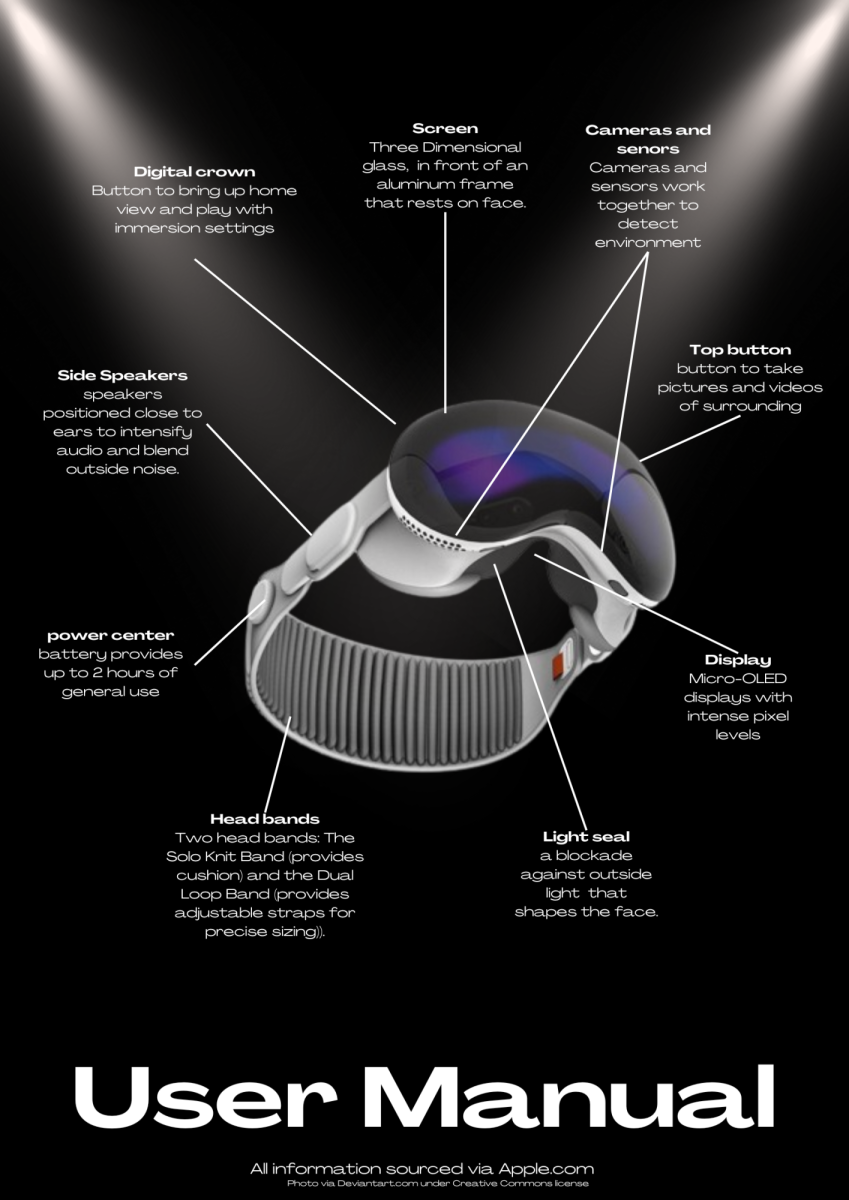It’s tough to be a king. Even tougher when you have a major speech to give and you can’t get a word out without stuttering. In “The King’s Speech,” King George has just that problem.
The buzz worthy movie (nominated for the Best Picture at the upcoming Academy Awards) features a stellar cast overcoming various stressful obstacles.
George (played by Colin Firth in his best form) can’t speak without a stutter. He’s also next second in line for the crown. On the cusp of World War Two, George must find a quick fix for his stutter in order to inspire and rally the people of England. His wife (Helena Bonham Carter) takes matters into her own hands.
Enter Lionel Logue (Geoffrey Rush), a speech therapist with unconventional methods. At first, George is hesitant to embrace Logue’s techniques at improving speech, but as the film goes on, he begins to see the light. The film includes a playful montage of George learning how to speak without his stutter, a scene that creatively illustrates his progress. As the movie goes on, Logue shows George that he indeed does have a voice and the ability to use it.
After various complications, George is met with a larger challenge: the throne. As king, he is forced to make a speech on the radio to inspire the people of England before the impending war. George is then met with his most difficult hurdle: the speech itself.
Unlike most period pieces, this movie was interesting to me and not just my grandparents. The film has no explosions, intense action sequences or so called “razzle dazzle,” but it manages to keep the audience’s attention through magic of its own. The cast is impeccable. Colin Firth shines, letting the audience feel all of it right along with him; when he stutters, you struggle. You don’t feel as if are challenges are not authentic. Firth makes the character real and his own. Geoffrey Rush is also great. As the king’s foil, he brings the comic relief but also inspires Firth to reach his goals.
Director Tom Hooper also does his part to bring the film to its high points. The camera work is phenomenal and the film’s structure helps it to seem flawless. With emphasis on microphones, the element of speech brings the film to its elegant pinnacle.
The film is an impressive feat. “The King’s Speech” leads the Oscar race with 12 nominations, more than its biggest competitors “True Grit,” which earned ten nominations and “The Social Network,” which is tied with “Inception” for eight total nods. Colin Firth is the favorite for Best Actor, while the work as a whole has a fighting chance to sweep the awards ceremony.
While Firth won the Golden Globe for Best Actor, the bigger question is still to come. Will “The King’s Speech” take the Oscar for Best Picture? In my opinion, it deserves the crown.






